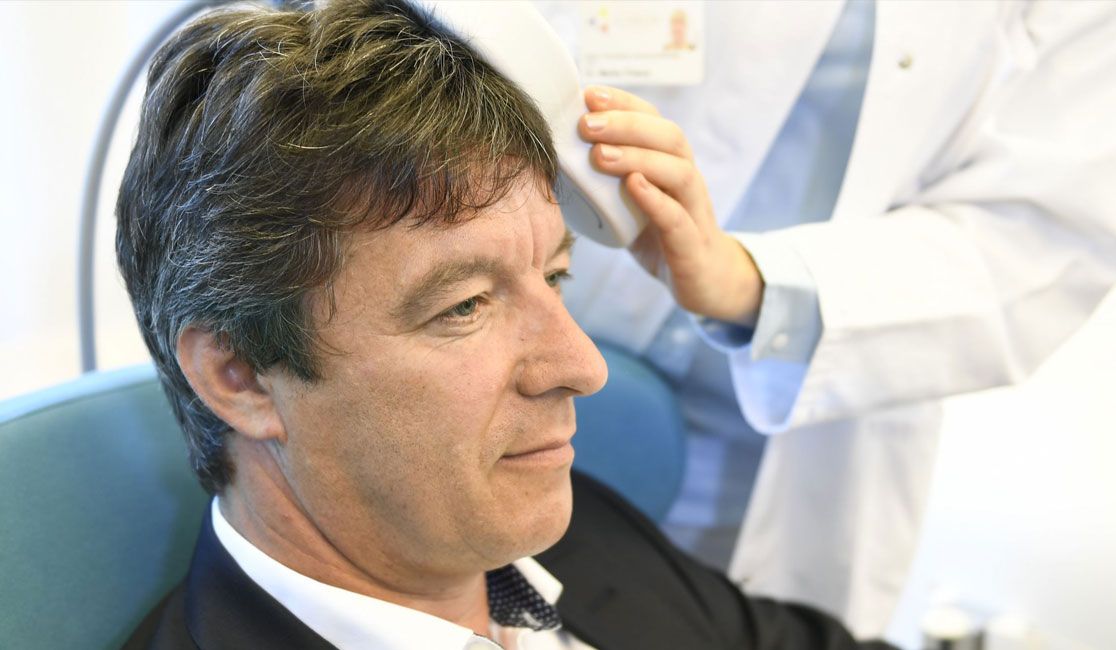NiN is concerned with the fundamentals and therapeutic use of the brain's adaptability (neuroplasiticity). By investigating the effects of transcranial brain stimulation procedures and targeted training, insights are gained into the healthy functioning of the brain and its impairments. The goal is to use this approach to develop new, effective and tolerable ways to treat mental illness.
The area includes clinical care as well as basic and patient-oriented research and teaching tasks.
The methodological focus is on transcranial magnetic stimulation (TMS), transcranial direct current stimulation (tDCS) and the use of playful elements in cognitive training programs (gamification) for psychiatric disorders. Effect and mode of action are investigated with clinical, neuropsychological, neurophysiological and imaging examination methods. As part of the treatment routine, TMS, EEG diagnostics, individualized cognitive training programs and electroconvulsive therapy (ECT) are performed and scientifically evaluated.












